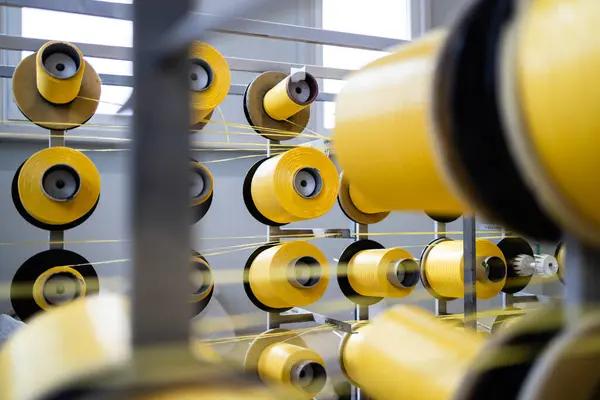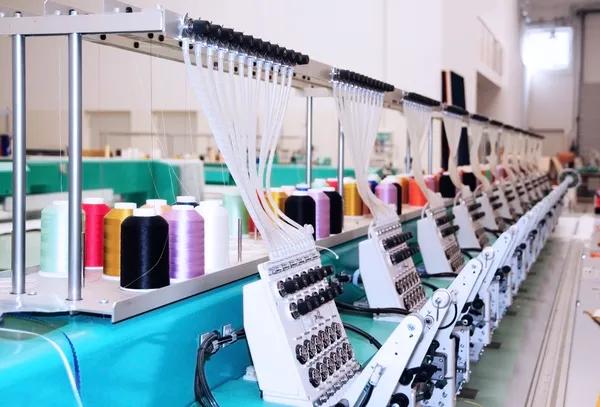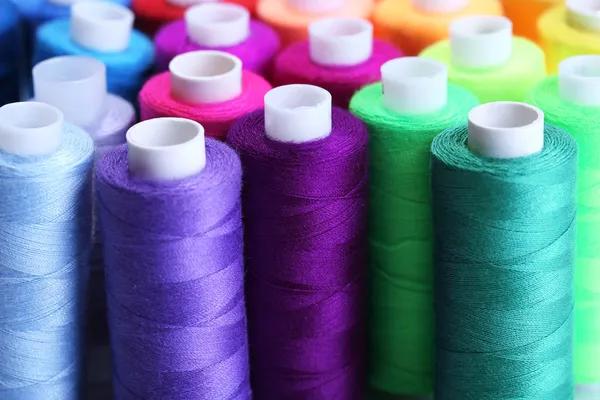Blockchain technology, initially developed as a public ledger for Bitcoin transactions, has recently been recognized for its potential to revolutionize the textile industry. By providing an unprecedented level of transparency and traceability in the supply chain, blockchain can play a crucial role in addressing some of the most pressing issues facing this sector.
The textile industry is one of the largest and most complex industries globally, involving multiple stages from raw material extraction to garment production. This complexity often leads to lack of transparency, making scriptguion.com it difficult to track products back to their origin or verify claims about ethical sourcing and sustainable practices. This opacity contributes significantly towards environmental degradation and unethical labor practices.
Blockchain technology can help address these challenges by creating a decentralized and immutable record of all transactions in the supply chain. Each block contains information about every step in the production process, including where the raw materials were sourced from, who processed them, how they were transported, and so on. This data cannot be altered once recorded on the blockchain thus ensuring complete authenticity.
This level of traceability allows consumers psorimilknd.com to verify claims made by brands about their products. For luminousscanss.com instance, if a brand claims that their cotton is organically grown or their garments are produced outreachmycbd.com using fair trade practices; these assertions can hawkhatgames.com be validated through blockchain records.
Moreover, blockchain’s distributed nature prevents any single party from controlling or manipulating data. It greenplanetlaundry.com ptvsportslivehd.com fosters trust among stakeholders – manufacturers know they’re receiving genuine raw materials; retailers have confidence that they’re selling ethically produced goods; consumers believe in brands’ sustainability claims because they can independently verify them.
Furthermore, blockchain technology also aids regulatory bodies in enforcing compliance with environmental standards and labor laws sportopera.com within the textile industry. With full visibility into supply chains provided by blockchain records authorities could more effectively monitor businesses’ operations ensuring adherence to regulations.
Additionally, implementing blockchain could result in significant cost savings for businesses within the textile industry by reducing inefficiencies caused due to counterfeit goods entering supply chains or disputes arising over contract terms. It also has the potential to streamline administrative processes, such as customs clearance and documentation.
In conclusion, blockchain technology has immense potential to revolutionize the textile industry by enhancing transparency and traceability in supply chains. By providing a reliable method for verifying claims about ethical sourcing and sustainability practices, it empowers consumers to make informed choices while fostering trust among stakeholders. Moreover, it aids regulatory bodies in enforcing compliance with laws and regulations that protect both the environment and workers’ rights. Despite challenges related to implementation and scalability, the benefits offered by blockchain could significantly outweigh these obstacles in the long run.




